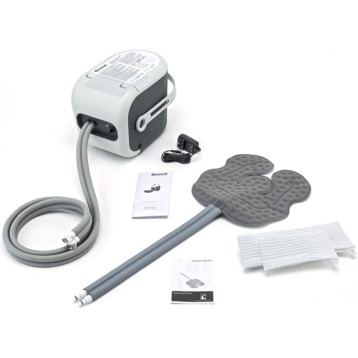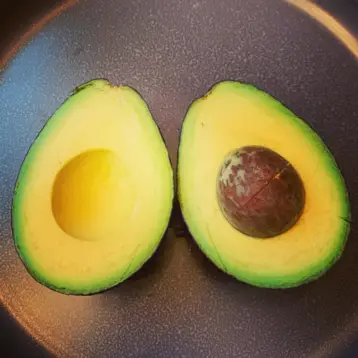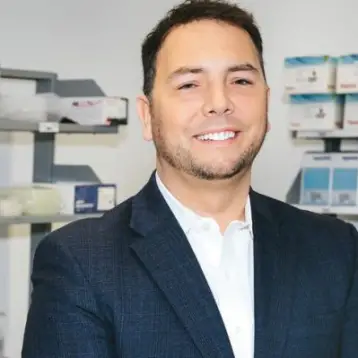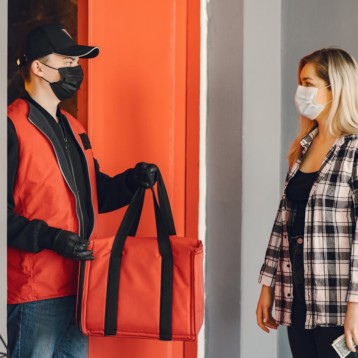A research team from Tel Aviv University in Israel, led by Professor Shamgar Ben-Eliyahu, discovered that a transfusion of blood soon after it’s donated can help fight several types of cancer. This discovery may revolutionize the practice of transfusions in cancer-related surgeries and increase some patients’ chances of survival.
 |
Professor Shamgar
Ben-Eliyahu (Credit: TAU) |
|
Transfusions of blood which were in storage for less than nine days increased the odds of survival in animals and caused some cancer types to withdraw; this discovery, made at Tel Aviv University, Israel, may answer the old question: why do some blood transfusions during cancer-related surgeries lead to increased recurrence of the cancer while others do not?
The researchers conducted experiments on rats with leukaemia and breast cancer. The odds of winning the battle with cancer were influenced greatly by the age of the transfusion blood. Blood that was stored for longer than nine days reduced patients’ chances of survival. Another interesting finding in this research was contrary to the common belief of the surgeons. While surgeons commonly transfuse blood from which white blood cells have been removed, believing that these cells can cause harmful effects in the recipient, it is actually the red blood cells that cause the harmful effect if the blood is stored for too long.
“I don’t think this study will or should change the practices of surgeons in hospitals, but it is definitely something that needs to be investigated further in human clinical studies,” says Professor Ben-Eliyahu. “It might have a serious impact on the survival of prostate or colon cancers – two cancers that are associated with a lot of bleeding. If our research proves to be true in human trials, it should revolutionize the way we look at transfusion in cancer patients.”
 |
Young blood can fight cancer?
(Credit: American Red Cross) |
|
Banking a patient’s own blood in preparation to a surgery may not be helpful as it is usually stored for weeks before being transfused back to the patient. Donor blood may have a more beneficial influence on the patient, thinks Professor Ben-Eliyahu. “The age of the blood itself impacts survival. The best recipe for transfusions might be fresh blood from other people. We found no differences between autologous [self] blood and blood from other donors. The latter can be stored for much shorter durations before use,” he said.
It is not quite clear yet whether “older” blood actually increases cancer metastasis. Professor Ben Eliyahu suggests that first of all scientists must check whether transfusions in general can be considered a risk factor for cancer progression and if so, whether the storage duration of blood effects survival rates. It is also possible that blood transfusions are dangerous for some types of cancer and beneficial for others. It would be wise to test the risk factor of blood transfusions for different types of cancer separately.
If proven correct in humans, these results may greatly impact the healthcare systems worldwide. Currently, the oldest blood is kept for about 40-42 days in a blood bank before it expires, and blood banks are dealing with severe shortages in blood even now. If the use of fresher blood for transfusions during cancer-related surgeries becomes a regulation, the blood banks and patients may encounter serious problems; but as this discovery may save many lives, the healthcare system will have to find a way to overcome the challenges to save patients’ lives.
For more information on young blood research please visit the TAU news
page.












